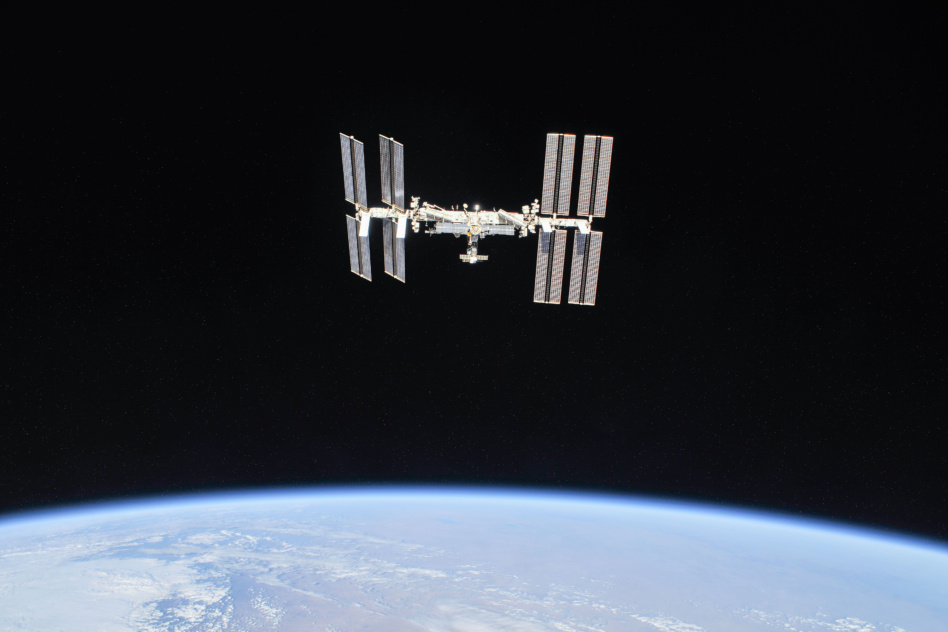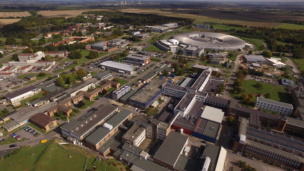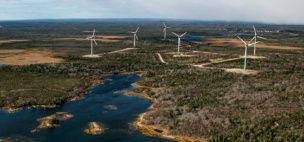In an effort to make the orbital environment a little bit safer, Australia has joined the US-led pledge not to conduct any destructive, direct-ascent anti-satellite (ASAT) tests.
The story so far: Last November, Russia fired an ASAT missile at a defunct Soviet satellite, exploding it into a cloud of 1,500+ pieces of debris that forced the ISS crew into safe haven procedures. The global space community widely decried the test as irresponsible and dangerous, as the debris clouds created by destructive ASAT tests can spread out across various altitudes and remain in orbit for hundreds, if not thousands, of years.
- In fact, debris from this very test recently swung back around, compelling the ISS crew to fire the station’s thrusters for five minutes to evade it.
In response to the November test, the White House announced in April that it would institute a self-imposed ban on destructive, direct-ascent ASAT testing. “Overall, these tests jeopardize the long-term sustainability of outer space and imperil the exploration and use of space by all nations,” the White House said at the time.
Since then, multiple other countries have joined in on the ban: Canada, New Zealand, Germany, Japan, the UK, South Korea, and, last week, Switzerland.
Worth noting…The ban that these countries have self-imposed so far only applies to destructive, direct-ascent ASAT testing. Other types of ASAT technology, which include both kinetic and non-kinetic methods, are still technically on the table.
Enter Australia: The country is the ninth to commit not to conduct such tests. Australia has never conducted an ASAT demonstration—to date, only the US, China, Russia, and India have.
“Destructive testing of direct-ascent anti-satellite missiles threatens the security of vital systems in space, which Australia and other nations depend on every day,” Deputy Prime Minister and Minister for Defense, Hon. Richard Marles MP, said in a statement. “With this pledge, the government is demonstrating Australia’s commitment to act responsibly to protect our national security interests.”




